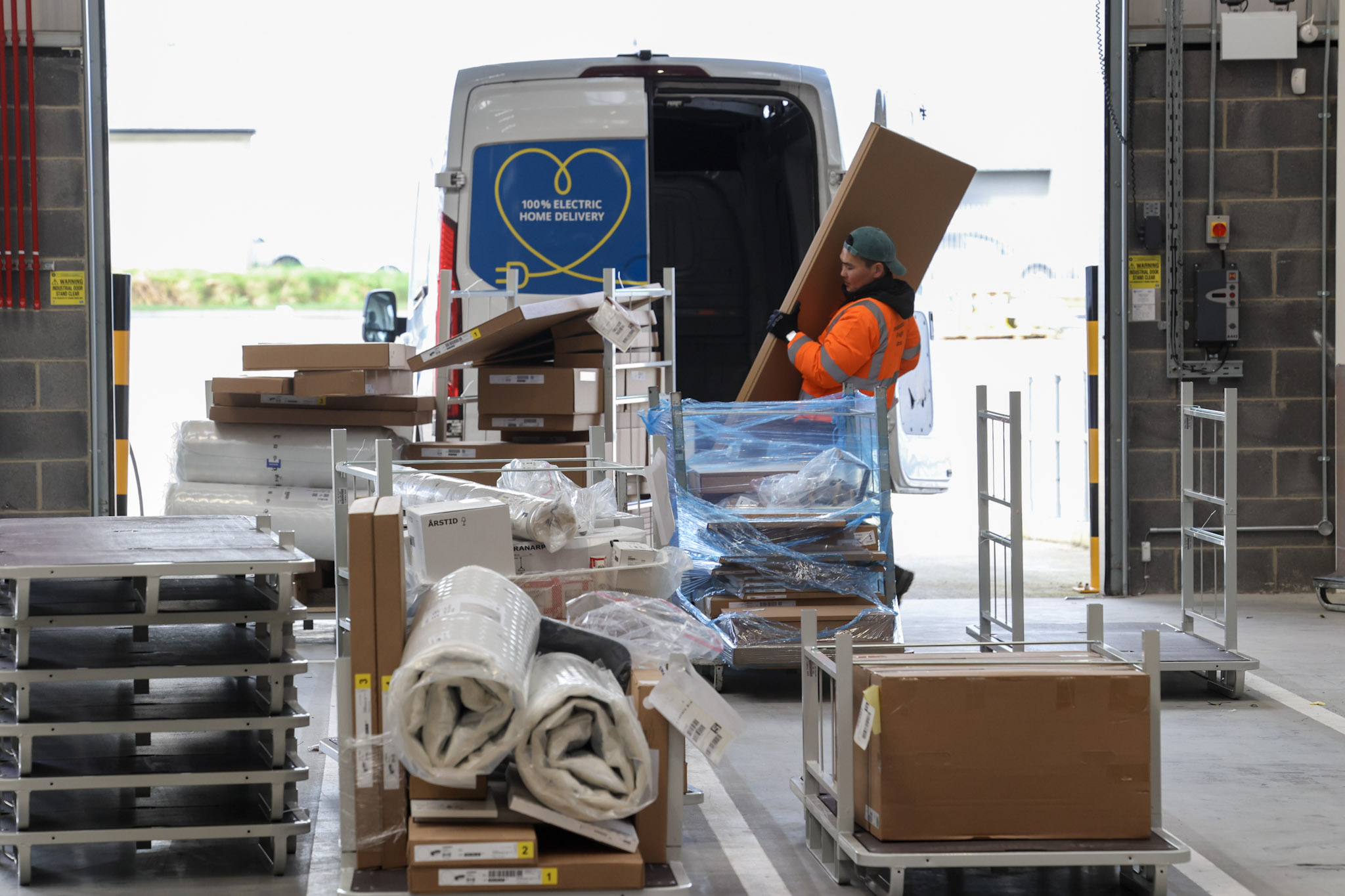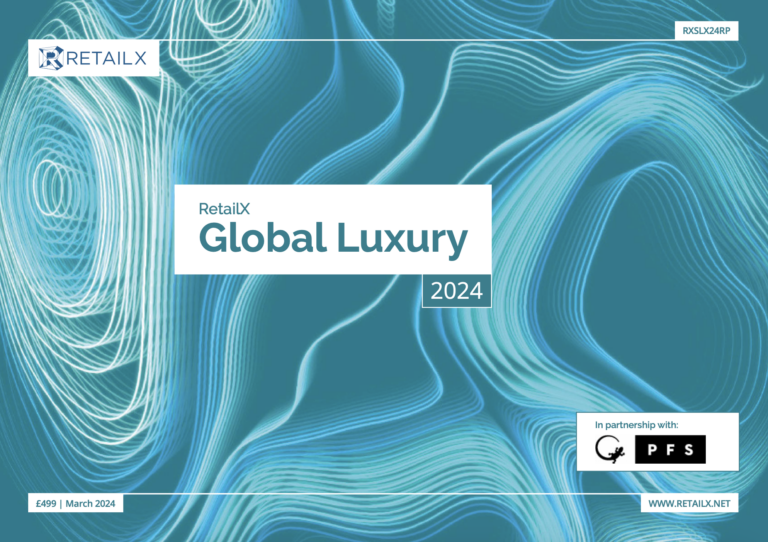It goes without saying that lockdown measures have been a significant challenge for many businesses. Although restrictions are easing somewhat across the world, it is clear the COVID-19 threat remains and the chances of ongoing local lockdowns and the re-tightening of some measures are high. So, any business that relies solely on physical service or face-to-face marketing is at risk.
Nonetheless, digital is offering a much-needed lifeline that will not only keep companies afloat for now but can also set them up for a more sustainable and successful future.
Whilst ‘going digital’ has been seen as the thing to do in recent years, at no time has it been more apparent than the present. But, as well as the obvious reasons of lockdowns and restrictions on non-essential shopping, there are a number of other factors that have helped push ecommerce forward at such pace.
Face-to-face marketing
Social distancing measures have placed huge burdens on companies whose marketing activities involve face-to-face contact and, regardless of whether restrictions are eased from two metres to one, constant reminders of the risks are likely to have put a lasting dent in consumer confidence.
But, having become accustomed to using digital means to interact with and consume a brand’s offering over the past five months, the protection from risk, convenience and various other benefits offered make a strong case against a return to the traditional bricks and mortar route for shoppers.
Lead generation
The research stage of the buying process has been shifting slowly towards online channels over recent years, but COVID-19 has certainly tipped the scale. The pandemic has meant that browsing shops, face-to-face consultations and even physical trials have not been able to take place. Instead, consumers have turned to brands’ digital communications to find and research products and services.
As a result, purchasing decisions have been empowered by greater confidence and autonomy, which will motivate consumers to continue to exercise their new-found strength when buying goods in the future. Therefore, a digital strategy should focus on lead generation to capture those in the research stage.
Of course, brands with informative, high-quality online content have been able to do this much more successfully than those that have been slower to adopt digital practices.
Another way of capturing these individuals is through targeted PPC campaigns, which can increase the visibility and prominence of your brand in front of consumers searching for the products or services you offer.
Many brands tend to shy away from PPC due to a misperception that it is expensive. But with an effective management solution in place, greater efficiency can be achieved, which in turn, reduces wasted budget and increases ROI. Ultimately, PPC can be an incredibly valuable digital lead generation activity for brands looking to break through the white noise of a crowded online marketplace.
Data driven
As well as allowing them to adapt to changing consumer habits, digital means have enabled companies to take greater control and make better informed decisions. And, as a result, many will be reluctant to abandon digital channels, should we ever return to normal.
These benefits have largely come as the result of the data and insights made available by digital activity, which is typically much harder to capture in real-world settings. With integrated platforms, dashboards and systems, businesses can optimise their efforts with insight-led activity that demonstrates what has and has not been successful.
Ultimately, whilst businesses understand the urgent need to adopt digital practices, many are yet to utilise them to their full potential. Regardless of how long measures to contain the spread of the virus remain in place, retailers must accept that there is an accelerated shift in digital transformation, which is changing both society and our shopping habits, to a new normal. And there’s no going back from that.
Author
Nate Burke is CEO of Diginius, a UK provider of proprietary software for digital marketing and ecommerce solutions.










